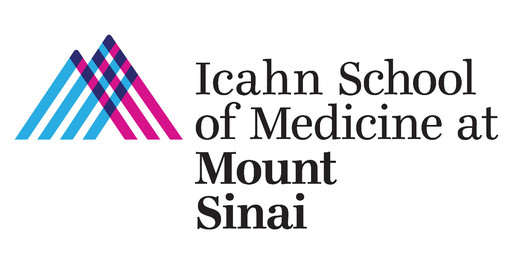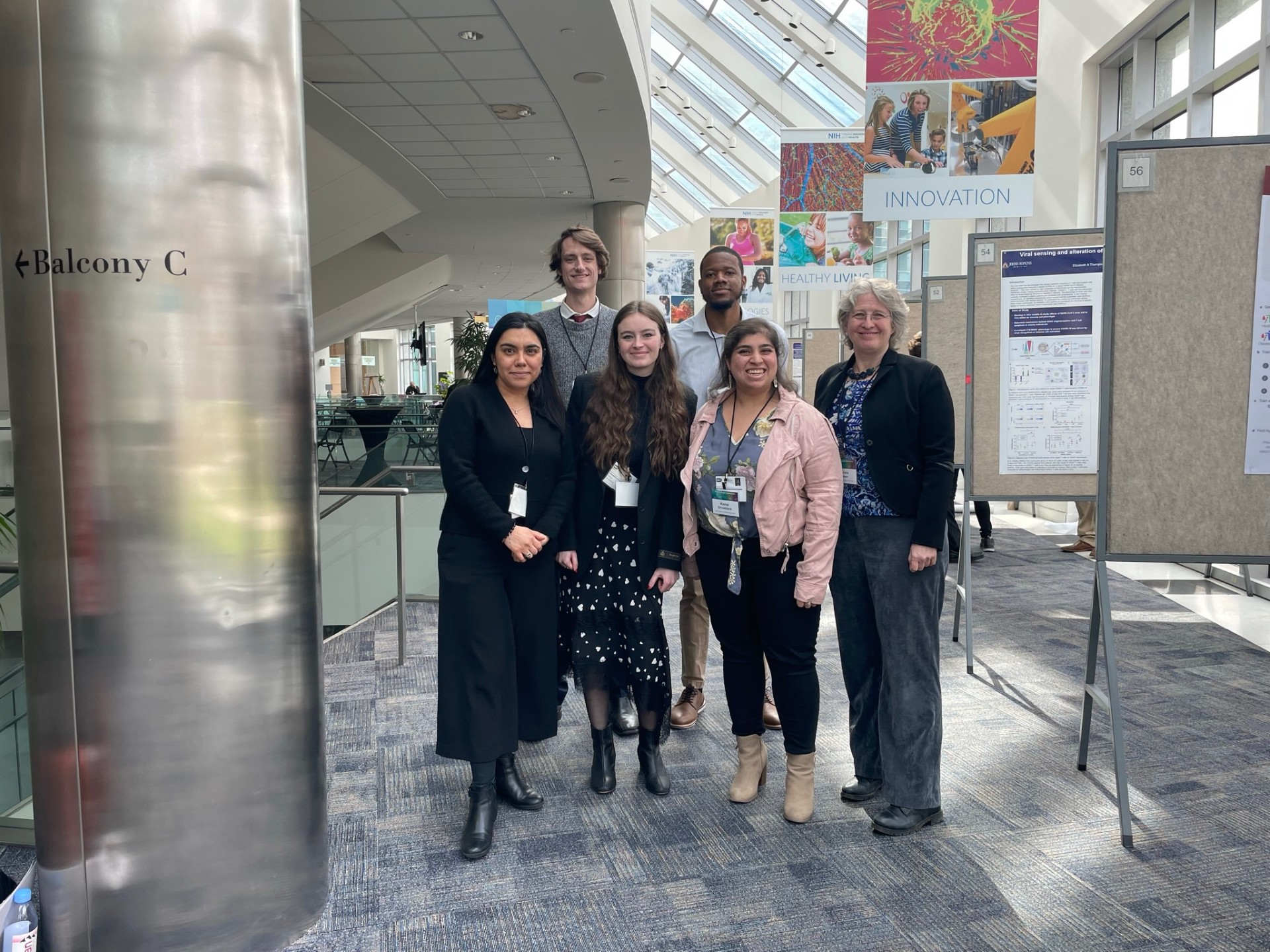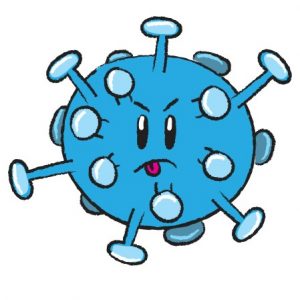The Virology Initiative at the Icahn School of Medicine at Mount Sinai provides unique opportunities to monitor, identify, and access disease-causing viruses and immune responses in infected patients. We also collect blood from healthy volunteers before and after influenza or COVID-19 vaccination to investigate how vaccine immune responses differ from those made after infection.
Hot topics and big questions
Viral infection or vaccination? We are studying the differences between immune responses mounted upon infection compared to vaccination. In our longitudinal observational PARIS cohort, we follow the immune responses of health care workers over time. These studies have already provided important information about the effectivness of SARS-CoV-2 antibodies, the dynamics of spike antibody responses to COVID-19 RNA vaccination in people with and without pre-existing immunity.
Understanding the determinants of effective immune protection. We are collaborating with clinical partners to understand the immune responses mounted in response to SARS-CoV-2 infection or vaccination in people with Multiple myeloma, inflammatory bowel disease, HIV infection or after organ transplantation.
Where does HIV hide? Curing HIV/AIDS is difficult because the virus persists. We are developing approaches to visualize and study HIV latency establishment at the single-cell level.
The mutators within us! Intracellular defenses make our cells less susceptible to viral invaders. They must, however, be kept on a short leach to avoid damage to our genome. We investigate how DNA and RNA editing enzymes are controlled in a cell type-specific and interferon dependent manner
Detecting and identifying endogenous retroviruses at the RNA and protein level in human cells and tissues. Our genomes carry thousands of versions of ancient retroviruses. We combine different approaches to dissect the role of individual endogenous retroviruses in health and disease.


